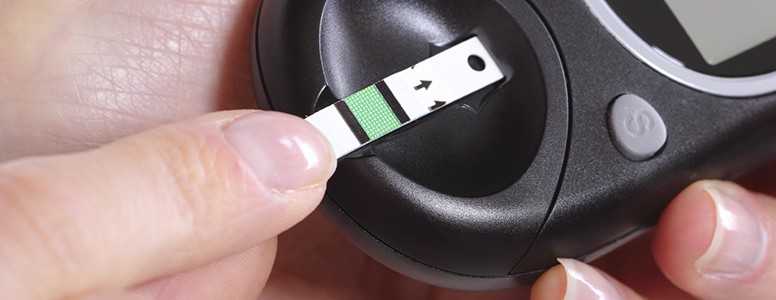Community lifestyle intervention programs could significantly reduce cardiovascular risks associated with prediabetes and type 2 diabetes, a new study reports.
The study, published in the Journal of the American Osteopathic Associatio, looked at how classes teaching the basics of a healthy lifestyle could reduce cardiovascular disease risk factors in type 2 diabetes patients and those with elevated fasting blood glucose, which is known as prediabetes. If left undiagnosed or untreated, prediabetes can develop into type 2 diabetes.
The researchers collected data from 110 patients in six Ohio University cohorts from 11 Appalachian counties between 2011 and 2014. People with prediabetes and type 2 diabetes were evaluated. Participants had a self-reported prevalence of type 2 diabetes over seven per cent higher than the US national average.
The Complete Health Improvement Lifestyle Intervention Program (CHIP) includes cooking classes, dietary targets, an exercise program and group discussions. The program advocates whole foods such as fresh fruits, vegetables, legumes, nuts and eight 10-oz glasses of water per day, while participants are also taught stress reduction techniques and flexibility exercises.
16 two-hour classes led to 110 participants with prediabetes experiencing significant reductions in fasting glucose, total cholesterol, BMI and systolic blood pressure. The type 2 diabetes cohort also experienced reductions in all CVD risk factors.
Study author Jay Shubrook, DO, Touro University California, College of Osteopathic Medicine in Vallejo, said: “Community-based interventions provide the social supports and specific instruction that move patients into healthy habits, which in some cases enabled them to reduce medications.
“This study supports the osteopathic philosophy of medicine, including that diet and exercise are the most effective prescriptions physicians can give patients struggling with lifestyle diseases like type 2 diabetes. But lifestyle changes require more commitment than taking a pill, which is why programs like CHIP are so beneficial.”
If you are interested in attending a structured education course similar to CHIP to improve your diabetes management, you should speak to your GP or healthcare professional. If you have already attended a course, but feel you could benefit from refreshing your knowledge, you should still consult your doctor about enrolling onto a course.
What's new on the forum? ⭐️
Get our free newsletters
Stay up to date with the latest news, research and breakthroughs.






